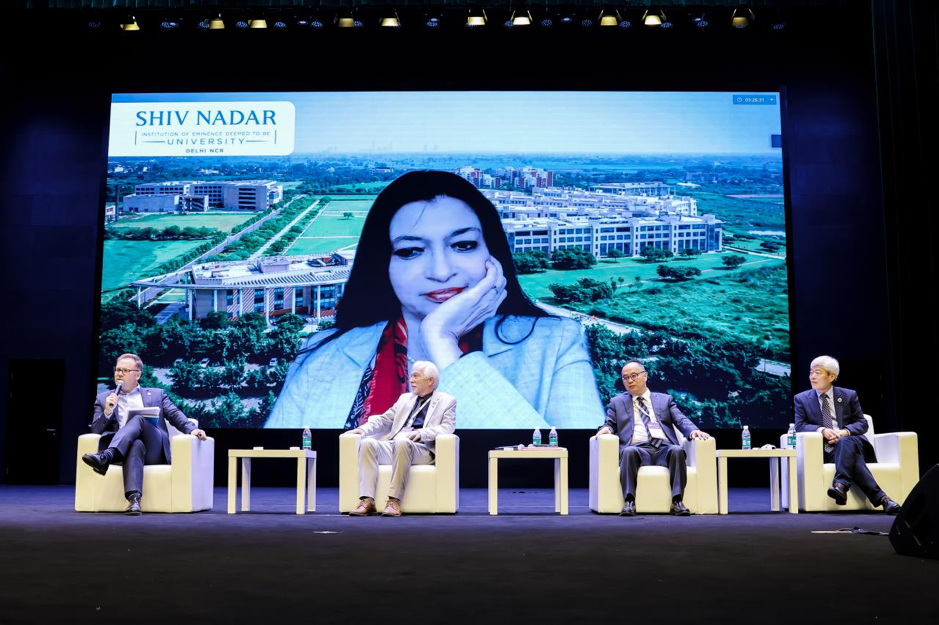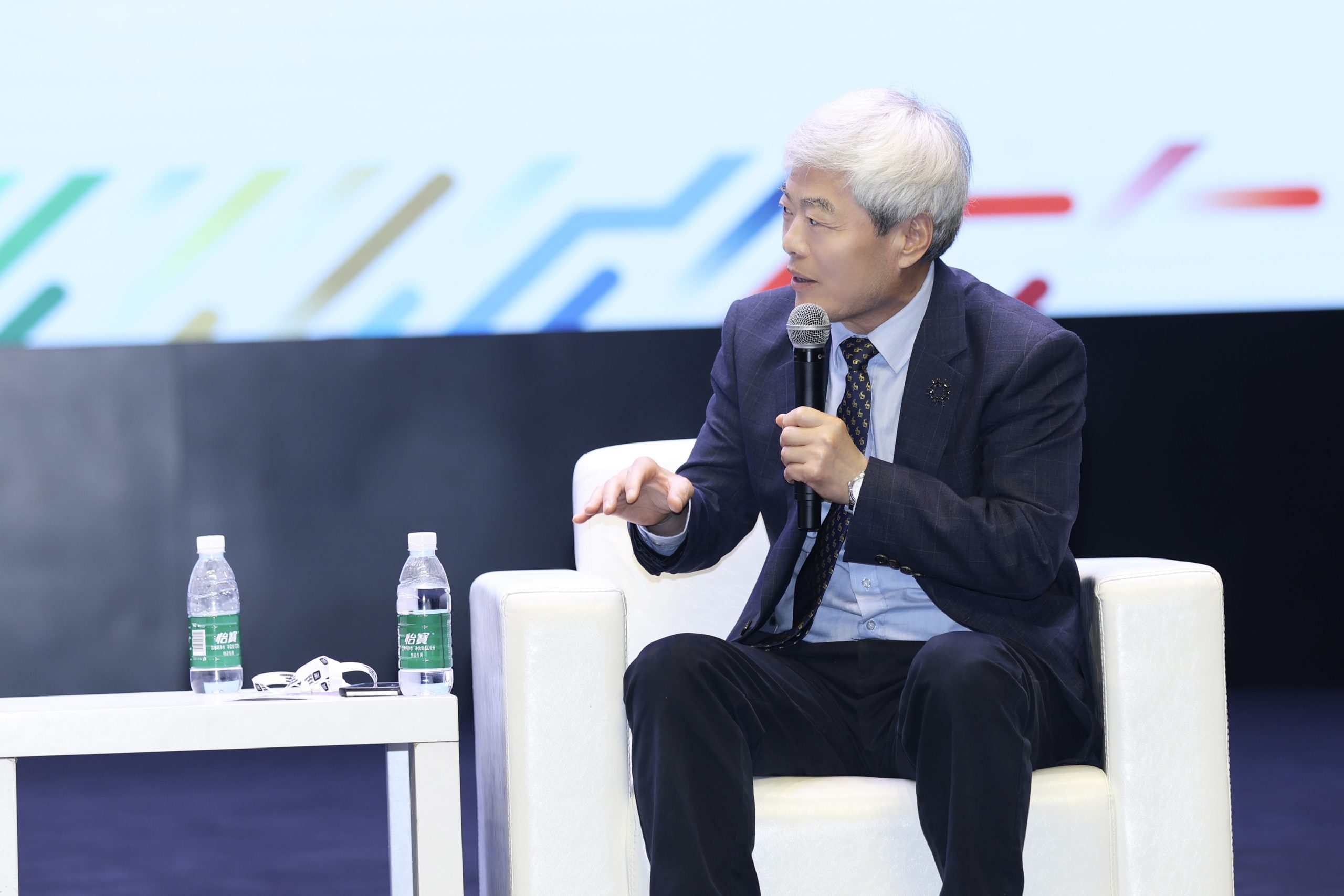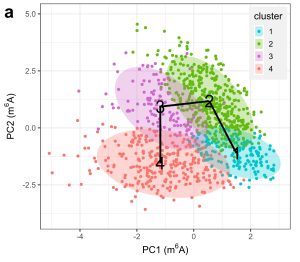16 Nov 2023
According to Professor Youmin Xi, Executive President of Xi’an Jiaotong-Liverpool University, innovative cities are organised to promote knowledge sharing and collaboration. He gave his remarks in a panel discussion at the 2023 Times Higher Education (THE) Innovation & Impact Summit in Shenzhen, China on 8 November.
Professor Xi and the other panellists discussed what identifies the world’s most innovative cities, what cultural and societal factors contribute to their creative nature, and what challenges they encounter in maintaining their competitive edge.
 From left: Phil Baty, Times Higher Education; Professor Sibrandes Poppema, Sunway University; Professor Yonghua Song, University of Macau; and Professor Youmin Xi, XJTLU; with Dr Ananya Mukherjee, Shiv Nadar University, joining online
From left: Phil Baty, Times Higher Education; Professor Sibrandes Poppema, Sunway University; Professor Yonghua Song, University of Macau; and Professor Youmin Xi, XJTLU; with Dr Ananya Mukherjee, Shiv Nadar University, joining online
Three key elements
According to Professor Xi, three criteria can identify the world’s most innovative cities.
“One is an ‘ecosystem’ made of diverse industries, organisations, and talents, which is crucial for fostering innovation,” he said. “The knowledge-sharing among them cultivates a fertile ground for creativity,” he continued.
In addition, mutually beneficial relationships between research institutions, businesses and the local community are important, he said. These symbiotic relationships play an important role in creating a collaborative environment that fuels innovation, he said.
Finally, a systematic approach, incorporating well-established processes, infrastructure, and policies, helps sustain and nurture the innovative spirit within the city, he said.
 Professor Youmin Xi
Professor Youmin Xi
The challenges
Professor Xi discussed the unique characteristics of the Suzhou Industrial Park and the challenges it encounters.
“Suzhou Industrial Park, developed by the Chinese and Singapore governments more than 25 years ago, is often referred to as the ‘Silicon Valley of the East’.
“However, it has not yet achieved the same level of innovation as its Western counterpart. Why?” Professor Xi asked.
“First, Chinese education focuses on teaching knowledge rather than fostering critical thinking skills,” he said. “While students excel in acquiring information, they may lack the ability to think creatively and independently, which is essential for driving innovation.
“Second, parents in China tend to shield their children from risks and arrange almost everything for them,” he said. “This approach may hinder young talents from exploring new ideas, taking calculated risks, and embracing failure as a stepping stone to success.
“Finally, companies prioritise individual success over collaborative efforts,” he said. “While companies strive for their own achievements, the lack of a collaborative culture limits the exchange of ideas, knowledge sharing, and synergistic partnerships that often spark innovation.”
The solution
 Professor Youmin Xi
Professor Youmin Xi
According to Professor Xi, the solution to these challenges lies in uniting the wisdom and practices from both the Eastern and Western perspectives.
“We need to combine the Eastern wisdom and the Western wisdom to create a new innovative system. That’s my philosophy,” he said.
“At our university, we integrate the strengths of critical thinking and creativity from Western education systems with the rich cultural values and traditions of the East. We nurture students who can think independently and are willing to take risks. We also place great emphasis on cross-cultural skills, allowing our students to understand and appreciate the differences between cultures.
“Encourage risk-taking, emphasise collaboration, and nurture an ecosystem that promotes knowledge sharing. That’s how we promote innovation and foster an innovative culture.”
The other panellists were: Dr Ananya Mukherjee, Vice-Chancellor of Shiv Nadar University, India; Professor Sibrandes Poppema, President of Sunway University, Malaysia; and Professor Yonghua Song, Rector of University of Macau, China.
The panel was moderated by Phil Baty from Times Higher Education.
By Xinmin Han
Edited by Tamara Kaup and Catherine Diamond
Photos by Times Higher Education
16 Nov 2023
RELATED NEWS

Professor Xi joins QS Higher Ed Summit: China 2022
On 14 April, Professor Youmin Xi, Executive President of Xi’an Jiaotong-Liverpool University, participated in an expert panel at the QS Higher Ed Summit: Chi...
Learn more








